B. R. Suhas - Immortal Sayings: From Indian Scriptures and Classics
Here you can read online B. R. Suhas - Immortal Sayings: From Indian Scriptures and Classics full text of the book (entire story) in english for free. Download pdf and epub, get meaning, cover and reviews about this ebook. year: 2012, publisher: V&S Publishers, genre: Science. Description of the work, (preface) as well as reviews are available. Best literature library LitArk.com created for fans of good reading and offers a wide selection of genres:
Romance novel
Science fiction
Adventure
Detective
Science
History
Home and family
Prose
Art
Politics
Computer
Non-fiction
Religion
Business
Children
Humor
Choose a favorite category and find really read worthwhile books. Enjoy immersion in the world of imagination, feel the emotions of the characters or learn something new for yourself, make an fascinating discovery.
Immortal Sayings: From Indian Scriptures and Classics: summary, description and annotation
We offer to read an annotation, description, summary or preface (depends on what the author of the book "Immortal Sayings: From Indian Scriptures and Classics" wrote himself). If you haven't found the necessary information about the book — write in the comments, we will try to find it.
Our ancient texts are a virtual treasure-trove of wise sayings, and teachings on correct living. And this book is an attempt to draw on this inexhaustible wealth. Here is a collection of Subhashitas (noble sayings in Sanskrit). These sayings reveal a simple, down-to-earth philosophy and convey important morals for the common people with enlightening examples from Nature. Material has been drawn fom celebrated ancient thinkers and philosophers such as Kalidasa, Bhavabhuti, Kalhana, Bhartrihari and others. This book brings together many of their noble sayings with translation and elaboration in simple English. Material for the book has also been sourced from the Vedas, Upanishads, Mahabharata, Ramayana, Puranas, Panchatantra, Hitopadesha, Neeti Shataka and other celebrated works. Besides being enjoyable reading, the book shows the path to true happiness and contentment. Some Immortal Sayings: *The Sun is red at the time of rising, and red at the time of setting too. Similarly, noble peole remain same at the time of happiness or distress. *Mean-minded people discriminate between people as their own and others. For noble men, however, the whole world forms their family. *One must accept sorrow as one accepts happiness - for happiness and sorrow come rotating like a wheel. *People blinded by anger disregard those who have worked for them, hurt holy men and harm themselves. What more can they do? *Fie upon a man who lives without helping others. Hail the animals, for they serve even after their death, by their skin. *Mind wanders everywhere like an intoxicated elephant. Intelligence with God-like knowledge, stops the wandering of the mind and calms it down.
B. R. Suhas: author's other books
Who wrote Immortal Sayings: From Indian Scriptures and Classics? Find out the surname, the name of the author of the book and a list of all author's works by series.

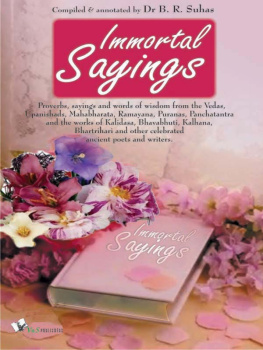
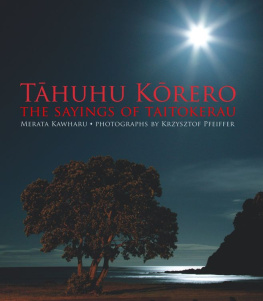


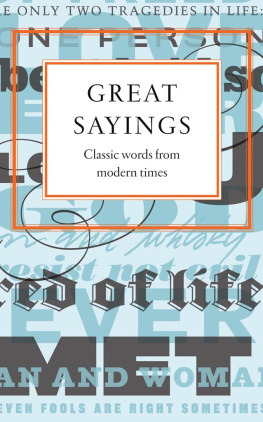
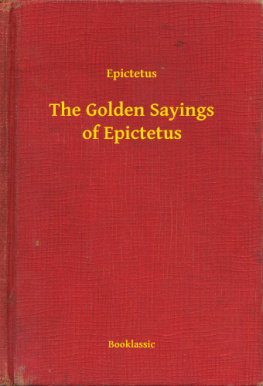
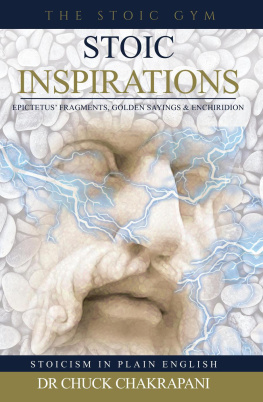

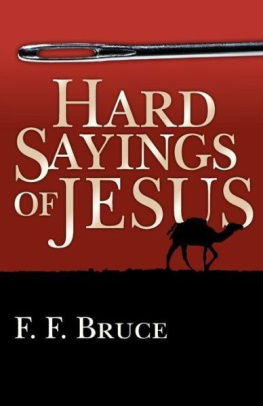
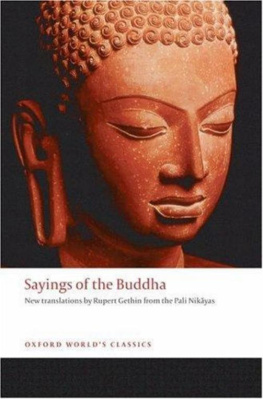





 011-23240026, 011-23240027 Fax: 011-23240028
011-23240026, 011-23240027 Fax: 011-23240028






